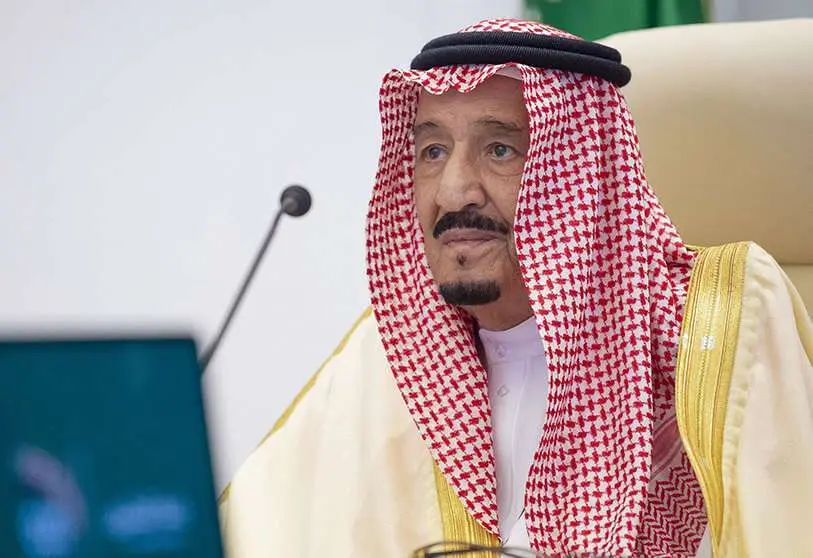Saudi Arabia takes a stand against Iranian nuclear weapons development

The 76th session of the United Nations General Assembly in New York is leaving stark warnings and clear evidence of the democratic crisis the world is going through. Leaving aside COVID-19, which unfortunately continues to hit hard in much of the world, the crisis of democracy is a reality that we must be prepared to face. The Taliban's takeover of Kabul was one of the latest steps taken by extremism, which, moreover, has been at home in Iranian territory, turning any agreement reached with the West into a dead letter.
Iran is one of the biggest - if not the biggest - concern today. The IAEA (International Atomic Energy Agency) itself has expressed concern about Iran's exponential growth in uranium enrichment and the danger it poses to the international community. In this context, its neighbour, Saudi Arabia, has aligned itself with the UN in addressing Tehran's possible development of nuclear weapons and stresses "the importance of making the Middle East a region free of all weapons of mass destruction", King Salman bin Abdulaziz told the UN General Assembly.

Riyadh aims to improve relations with the Iranians. This is complicated by the major conflicts in which the two countries have been at loggerheads for years. One of these is the war in Yemen, which the Saudi king himself referred to at the assembly: 'The peace initiative in Yemen presented by the Kingdom last March should put an end to the bloodshed and conflict'. He added: "Unfortunately, the Houthi terrorist militia rejects peaceful solutions. They have opted for a military option to seize more territory in Yemen".
The Saudi Arabian leader's words are largely directed at Iran, which has for years supported and funded the terrorist militias that confront Riyadh, not only on Yemeni territory, but also by attacking inside Saudi borders. Abdulaziz referred to this by saying that "the Kingdom maintains its legitimate right to defend itself against missile attacks, ballistic missile attacks and the use of booby-trapped boats". The Houthis have carried out attacks on the border with Saudi Arabia or even on civilian airports using combat drones, threatening the population.

The UN must make it one of its priorities to "vigorously confront all those who support, sponsor, finance or harbour terrorist groups and sectarian militias or use them to sow chaos, destruction and hegemony", according to the Saudi king. For this reason, if Iran really wants to cooperate to reach an agreement - something that is seriously in doubt - it must show its willingness to change and favour not only an agreement on uranium enrichment or a return to the Joint Comprehensive Plan of Action (JCPOA), but also for the peace of the Yemeni people.
The UN General Assembly has been marked by controversial issues. In addition to the confrontation with Iran over its stance on the possibility of developing nuclear weapons and uranium enrichment, the Taliban's request to participate in the assembly has generated a lot of commotion. The General Secretariat has received a request from Taliban Foreign Minister Amir Khan Muttaqi for their participation, along with notification of the appointment of a new representative to the UN. However, this request is no guarantee for the Taliban and a decision by the UN is not expected until after next Monday, when the General Assembly meetings end.








